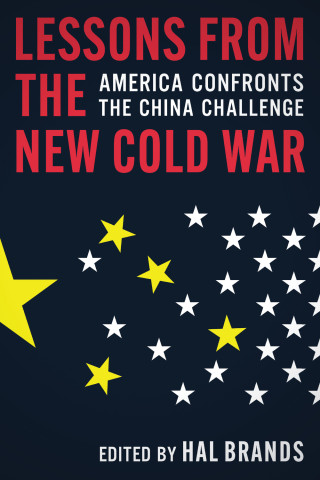
Reviews
American Civil-Military Relations is a valid and vital updating of Huntington's work and should be on every military reading list today.
An extremely valuable addition to the literature on civil-military relations, a vitally important issue for both scholars and all government policymakers.
Scholars and students of civil-military relations will want to read this book. This is an excellent time for this book to appear as there have been substantial advancements in the study of civil-military relations over the past decade.
Book Details
Foreword, by Jim Marshall
Foreword, by Barry R. McCaffrey
Acknowledgments
Chapter 1. Introduction
Chapter 2. Are Civil-Military Relations Still a Problem?
Chapter 3. A Broken Dialogue: Rumsfeld, Shinseki
Foreword, by Jim Marshall
Foreword, by Barry R. McCaffrey
Acknowledgments
Chapter 1. Introduction
Chapter 2. Are Civil-Military Relations Still a Problem?
Chapter 3. A Broken Dialogue: Rumsfeld, Shinseki, and Civil-Military Tension
Chapter 4. Before and After Huntington: The Methodological Maturing of Civil-Military Studies
Chapter 5. Hartz, Huntington, and the Liberal Tradtion in America: The Clash with Military Realism
Chapter 6. Winning Wars, Not Just Battles: Expanding the Military Profession to Incorporate Stability Operations
Chapter 7. Professionalism and Professional Military Education in the Twenty-first Century
Chapter 8. Responsible Obedience by Military Professionals: The Discetion to Do What Is Wrong
Chapter 9. The Military Mind: A Reassessment of the Ideological Roots of American Military Professionalism
Chapter 10. Changing Conceptions of the Military as a Profession
Chapter 11. Militaries and Political Activity in Democracies
Chapter 12. Enhancing National Security and Civilian Control of the Military: A Madisonian Approach
Chapter 13. Building Trust: Civil-Military Behaviors for Effective National Security
Chapter 14. Conclusions
Notes
List of Contributors
Index






